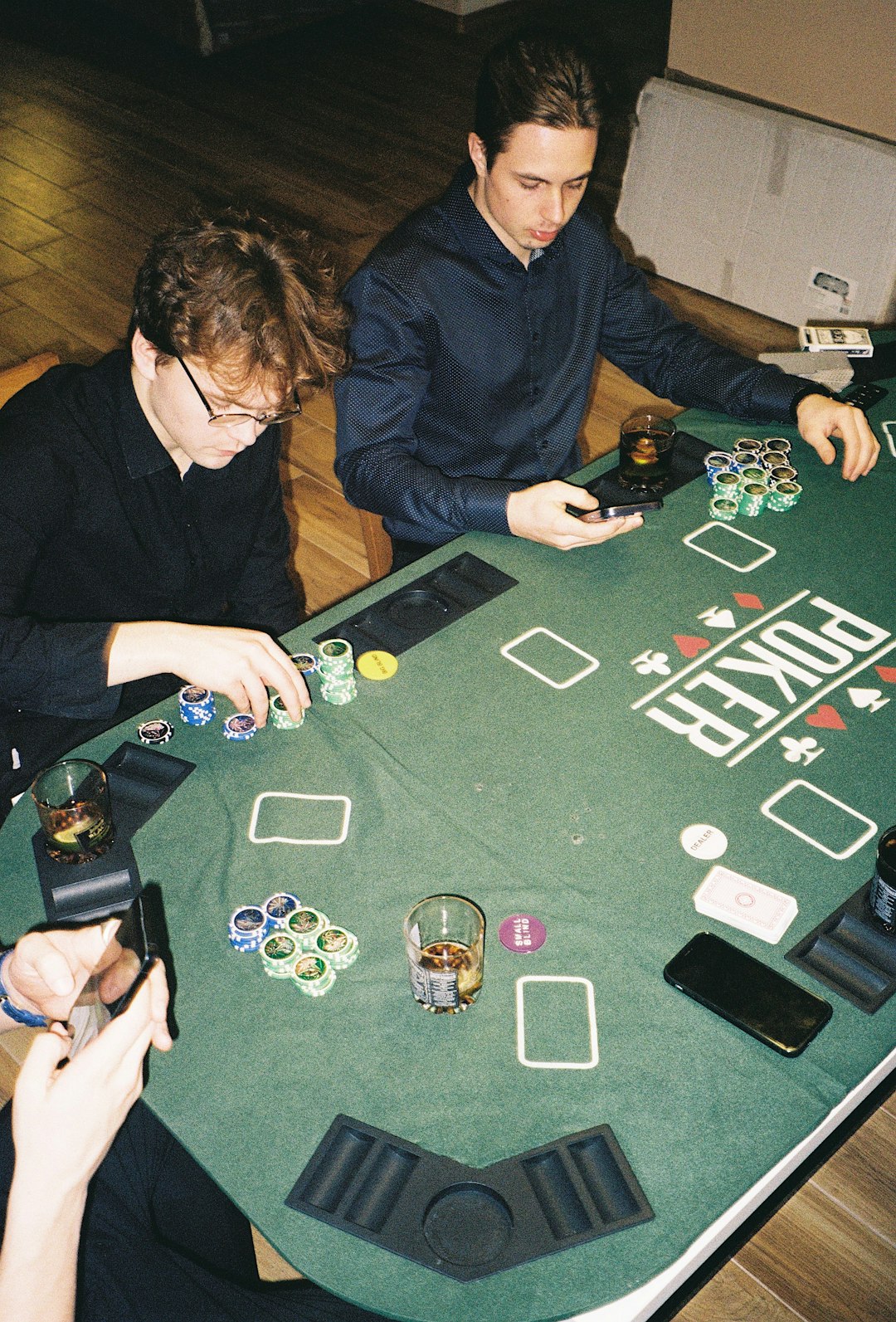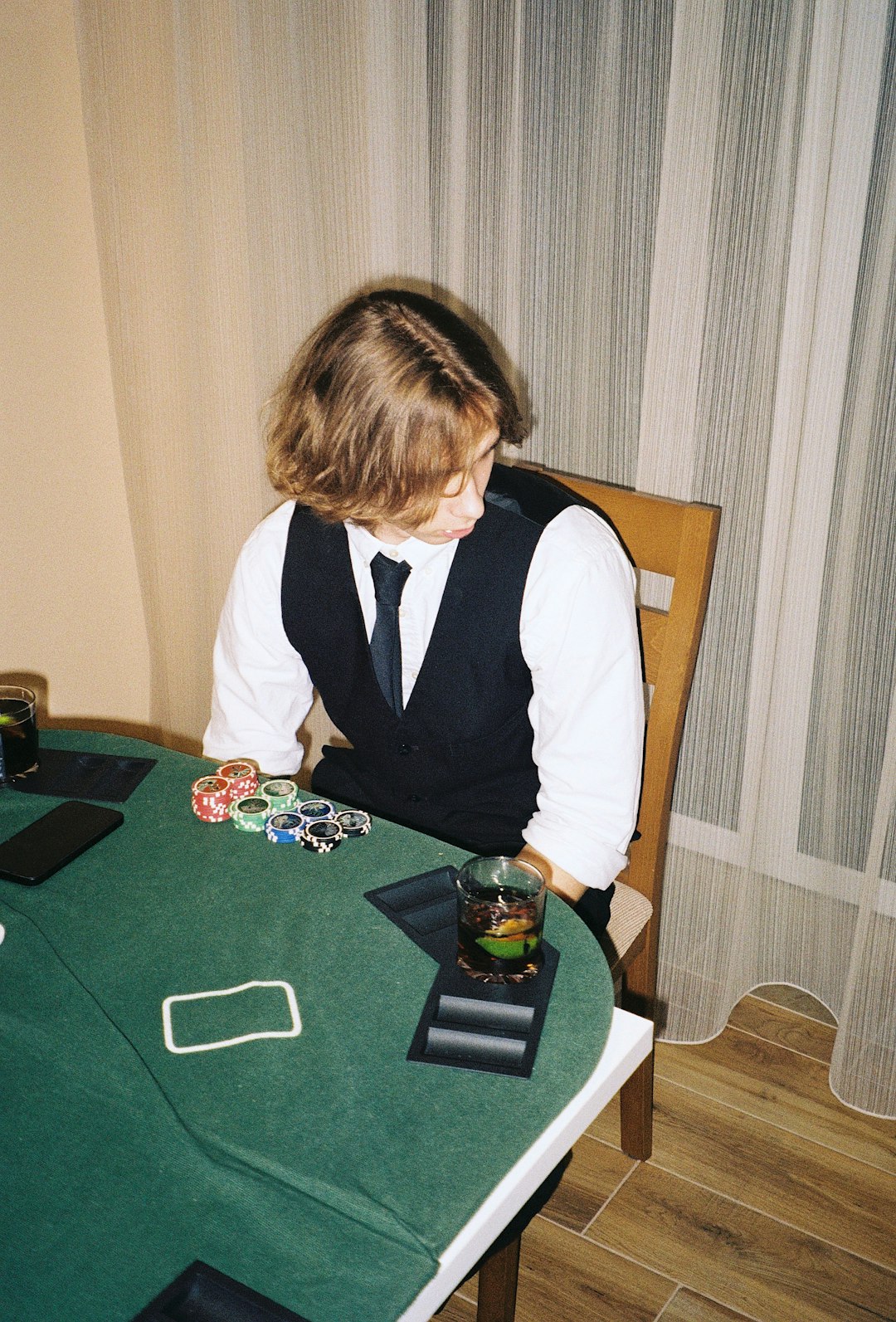In the glittering world of high-stakes poker, where fortunes are made and lost in the blink of an eye, there are many names that circulate among fans and professionals: Daniel Negreanu, Phil Ivey, and Justin Bonomo, to name a few. But occasionally, a new name rises from the shadows, someone whose career path suggests there is more than a talent for cards at play. One such name is Eric Pelletier.
Pelletier’s rise in the competitive world of poker has been both intriguing and enigmatic. While his tournament record is respectable, it’s not necessarily what catapults him into the spotlight. Rather, it is the way he plays, the choices he makes, and the networks he navigates that prompt a deeper question: is Eric Pelletier simply a solid poker player, or is there something more behind the persona?
Background and Early Career
Eric Pelletier does not come from a long line of poker legends, nor does he hail from one of the traditional hotspots of poker like Las Vegas or Monte Carlo. Instead, he emerged from an independent background in finance and strategic consulting, fields that sharpen analytical skill sets ideal for card playing. His foray into poker began not with a dramatic tournament win, but with consistent placement in mid-level online games, where he quickly developed a reputation for patience and precision.
Over time, Pelletier began appearing in satellite tournaments that opened doors to more competitive circuits. By all accounts, he played his way up the ladder—with no celebrity sponsorships or viral poker moments—just a consistent string of placements and cash-ins that demonstrated he grasped the depth of the game.
But it wasn’t just his win rate that garnered attention.

The Style of a Strategist
Pelletier’s style differs from the flamboyant, attention-seeking demeanor often associated with modern television poker. He rarely engages in table talk and even less often breaks his stoic expression. Instead, those who play against him often comment on his uncanny ability to read opponents, predict behavior patterns, and manage risk with an economist’s mindset.
This precision-based approach is characteristic of someone who may see poker as more than just a game of chance, but rather as a living, breathing model of behavioral economics. Observers and even respected players have theorized that Pelletier likely runs simulations and studies statistical models in his spare time, behaviors more commonly seen in investment bankers than poker regulars.
Qualities That Set Him Apart
- Data-Driven Decisions: Pelletier is known to analyze his hands post-game extensively.
- Adaptability: Able to change styles—from conservative to aggressive—in real time based on his reads.
- Emotional Discipline: Rarely tilts, even after bad beats or losses.
These traits have sparked additional curiosity about his background and motivations. Could Pelletier be treating professional poker as just one component in a broader personal or professional experiment?
Beyond the Felt
Much of the speculation surrounding Eric Pelletier stems not from his game play but from his off-table activities. Interviews are rare. Social media accounts are sparse and maintained with minimal content. Yet, those close to him suggest that Pelletier is deeply involved in academic research related to game theory and decision sciences.
Whispers from academic circles link him to peer-reviewed papers on risk modeling and adaptive behavior in uncertain environments. Although he has not publicly confirmed these connections, the style and substance of Pelletier’s poker decisions imply a deep-rooted theoretical foundation.
The question then arises: is Pelletier using poker as a testing ground for ideas in psychology, behavioral science, or economics? Several respected poker analysts and sports psychologists believe this is not only possible but likely.

The Merging of Disciplines
The crossroads of poker and cognitive science is not uncharted. Scholars have long used the game of poker to demonstrate how humans make decisions under pressure, manage resources, and balance logic against emotion. What sets Pelletier apart is the potential that his professional poker participation is an embedded case study—a kind of living lab for broader investigations.
Such a strategy isn’t inconceivable. Theoretical physicists, economists, and even military strategists have used simulation models like chess or war games to extrapolate findings relevant to their fields. Poker, with its complexity, bluff mechanics, and probabilistic nature, provides the perfect balance between theoretical abstraction and practical application.
Indicators of a Larger Agenda
- Network Connections: Frequent appearances at conferences unrelated to poker, such as behavioral economics forums.
- Publication Citations: Mentions in theoretical journals under pseudonyms reportedly trace back to his academic origins.
- Mentorship Roles: Acts as a silent advisor or sponsor for players entering the game with backgrounds in finance or science.
If these indicators are valid, they suggest that Pelletier’s goals stretch far beyond tournament earnings or professional prestige. Indeed, for him, poker may simply be a proving ground.
The Discreet Power of Observation
Many believe that observing is as powerful as participating. Eric Pelletier embodies this belief. At the table, he appears almost passive—only to make a devastating raise or fold that upends the match momentum. This understated style, devoid of theatrics, draws minimal attention but leaves a lasting mark.
Such consistent observation and deliberate action are at the heart of serious scientific inquiry. Whether he’s modeling decision matrices or studying entropy through bluff patterns, Pelletier’s method points to a long game, one in which data collection may be as important as pot collection.
Indeed, it would be naive to assume that every player at the table is just playing poker. With growing interest in artificial intelligence and behavioral prediction, traditional environments—like casino tables—are becoming prime venues for live behavioral data acquisition.
The Final Verdict: Poker or Something More?
So, is Eric Pelletier merely a high-level poker player? Or is he functioning as a researcher—possibly a pioneer—redefining how we understand decision-making under uncertainty?
While definitive answers remain elusive, what is certain is that Pelletier is not a conventional player. His background, style, and off-table activity all paint the portrait of someone engaged in a layered pursuit. Whether it’s for knowledge, validation, or something yet undisclosed, Pelletier treats each hand not just as a means to win, but as a data point in a grander design.
For now, the poker world will continue to watch him carefully, speculating with every calculated raise and folded hand. And perhaps, years down the road, Eric Pelletier’s contributions will be found not just in tournament earnings or game analyses, but in scientific journals and academic textbooks.
Until then, every hand he plays feels like part of a larger experiment—one that asks us not what we know about the game, but what the game reveals about us.

